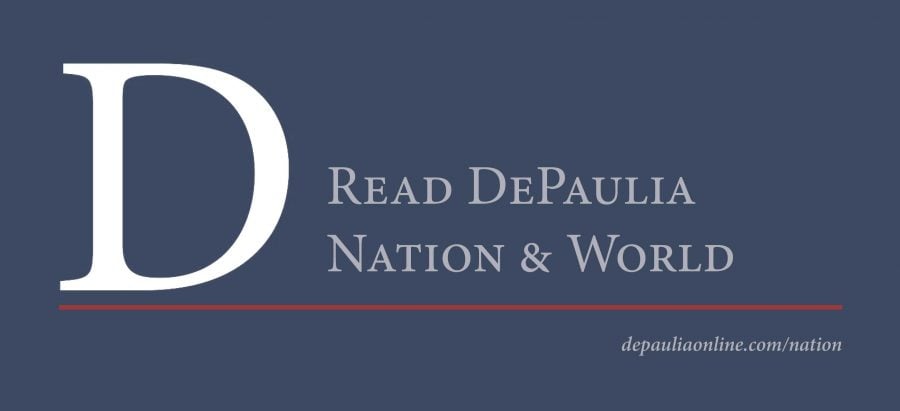For those following the French election, it may feel like November 2016 all over again.
Marine Le Pen and Emmanuel Macron advanced to the final round of the French presidential election on May 7 after receiving the two highest percentages of votes after April 23. One candidate, Le Pen, has proven to be in some ways very similar to President Donald Trump.
Both Trump and Le Pen lead their presidential campaigns with nationalism.
“Le Pen has been very vocal that the Euro might not necessarily be a good thing for France, and has also in some ways questioned France’s belonging to the European Union. This again has some similarities to Donald Trump’s questioning NAFTA,” French and Italian professor Carol Orban said.
She follows the French election closely, noting she could not teach a language course without politics.
“You cannot teach language without teaching the culture along with it. Politics is unquestionably one of the most important parts of a culture(…) living in a vacuum and being apathetic about politics is not an option,” Orban said.
In citing further similarities between Trump and Le Pen, Orban also noted their similar slogans. Whereas Trump supporters donned the familiar abbreviation MAGA on baseball caps and T-shirts standing for “Make America Great Again”, Le Pen said in her victory speech the French equivalent of France first, “France en premiere”.
Despite some similarities, however, Le Pen’s political experience puts her in a league altogether different than that of Trump. For instance, her father created the political party she is running for, the National Front, in the early 1970s.
Reminiscent of the November election, a disparity between urban and rural regions is surfacing in the French election with Le Pen dominating the support of less populated areas in the country while Macron leads in cities and island territories.
“The current elections seem to be showing us that the world is divided between urban versus rural more so between different countries and cities,” Orban said. “I’ve heard it said New Delhi is more similar to New York than New York is to upstate New York.”
Chicagoans are no stranger to that idea. A large part of the city was stunned when Trump won the election. Illinois’ electoral map is predominantly red, supporting the Republican votes, except for a blue portion comprising Cook and collar counties, which make up 65 percent of the state’s population.
Like Trump’s noted lack of popularity in Chicago, his French counterpart in some ways, Le Pen, received a similarly lackluster reception from French voters in Chicago during the first round of votes that took place at the French International School in Chicago on Saturday, April 22, one day before the official French election.
Of the 2,998 cast votes, only 5.01 percent were for Le Pen, which is a stark contrast from the 21.7 percent of votes she received in Frances.
“It’s not surprising that a very urban, a very outward looking, a very international community – such as, by definition, French people who are living in Chicago, would vote for a candidate who represents these kinds of international interests,” Orban said.
In Chicago, the two candidates who received the predominant amount of votes were Macron, who received 51.13 percent of the votes, and Francois Fillon of the Republican party who received 26.14 percent. Fillon, representing a more traditional political side, contrasts Macron’s unique position greatly.
Macron, an outlier in the current election, began his political party En Marche! last April although he is an established French politician. Le Pen also classifies her party as an outsider party, making this year’s election especially unusual, as it is the first time that none of the traditional parties have prevailed.
“Whoever is going to govern is going to govern from a completely new perspective,” Orban said.
While Orban speculates Macron will win, French polling results hold the two candidates within a 2 percent difference.
“Should Macron win,” Orban said, “French politics will follow a similar line to what it has followed under past Republican or Socialist presidents because Macron is a politician in the more mainstream style.”
Also, the euro will get stronger with Macron as president.
“The markets are very afraid of Le Pen winning because she would represent a very strong push to leave the euro,” Orban said.
First Brexit, then Trump and now the possibility of Le Pen mark a growing trend of nationalism occurring in the west. And to junior Michael Loo, it’s a disturbing one.
“If Marine Le Pen wins, it will change everything,” Loo said.
As an immigrant to the U.S. from Malaysia, Loo says it gives him an added concern about the reach and limits of this nationalistic, anti-globalization trend.
“It is ultimately built upon racism,” Loo said.
The final vote to determine the next president of France will take place on May 6 in Chicago and May 7 in France.


